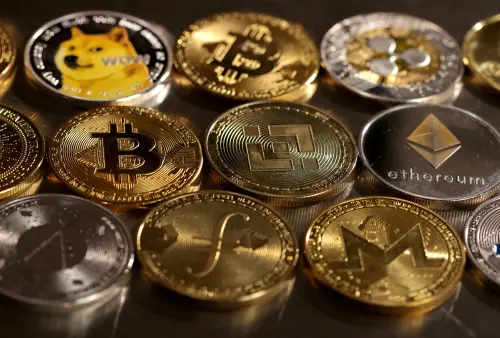The surge in "pig butchering" scams and the growing utilization of generative artificial intelligence likely propelled revenues from crypto scams to a record high in 2024, as reported by blockchain analytics firm Chainalysis.
Revenue from pig butchering scams, a tactic where scammers build relationships to lure individuals into fraudulent schemes, rose by almost 40% in 2024 compared to the previous year, according to a report released by the firm on Thursday.
Chainalysis estimated that revenue from crypto scams in 2024 totaled at least $9.9 billion, with projections suggesting it could reach a record high of $12.4 billion as more data becomes available.
Describing the increasing sophistication of crypto fraud and scams, Chainalysis researchers mentioned the role of marketplaces backing pig butchering operations and the utilization of GenAI, which have made it more accessible and cost-effective for scammers to expand their activities.
Chainalysis warned that GenAI technology has the potential to "exponentially scale crypto scams."
The firm, known for tracking publicly available transaction data on the blockchain to uncover scam revenue, noted that crypto fraud has been growing at an average annual rate of 24% since 2020.
The interest in cryptocurrencies, particularly bitcoin, has surged in recent years as investors sought high returns, while enthusiasm for blockchain technology has also increased.
The industry has seen significant growth since U.S. President Donald Trump's election victory, amid expectations of a more favorable regulatory environment.
Chainalysis identified other profitable scams, including crypto drainers, involving scammers impersonating blockchain projects to seize victims' crypto wallets, and high-yield investment scams promising extraordinary returns.
In January 2024, a crypto drainer masqueraded as the U.S. Securities and Exchange Commission following a security breach in the regulator's X account.
Cryptocurrency ATMs have become prominent targets for scams, with perpetrators often posing as government officials or customer support agents to deceive victims into depositing cash into the machines.
